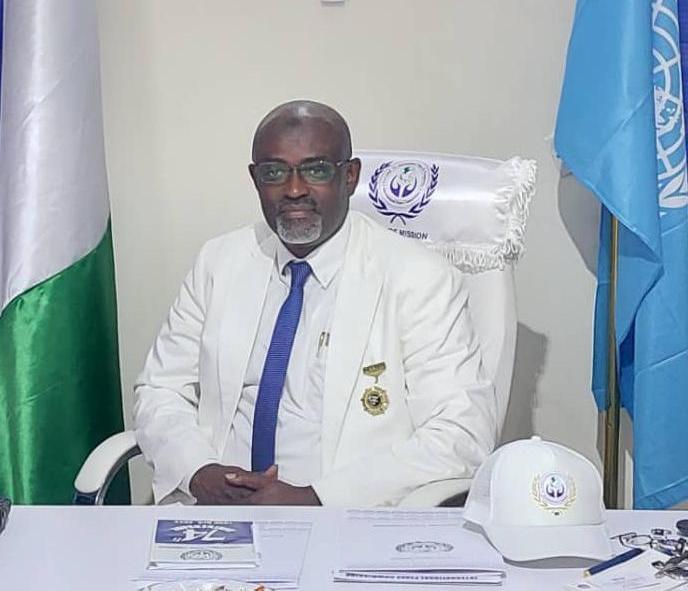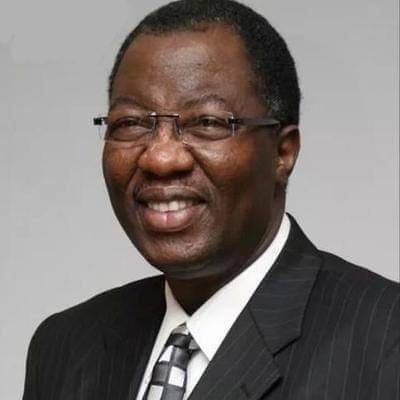In a bid to showcase the Nigerian Army’s operational activities as well as its transformational strides in innovation, research and development, civil-military relations, and technological advancement, the Chief of Army Staff has concluded plans to mark 160 years of existence of the Nigerian Army in Ibadan.
Speaking at a press briefing in Abuja, the COAS ably represented by the Chief of Special Services and Programmes (Army), Chairman, Organising Committee, NADCEL 2023, Major General Emeka Victor Onumajuru noted that this year’s celebration is scheduled to hold from 1-6 July 2023 aimed at projecting the Army as an instrument of national unity and development as well as highlighting its capabilities.
He said the week-long NADCEL is an important event due to its significance to National security peace, and unity with the theme of the NADCEL 2023 is “Sound Administration as a Panacea for Effective Military Operations” which offers the Nigerian Army an opportunity to take stock, assess its performances, interface with the public, and set goals for continued professional growth. This will enable it to better perform its constitutional roles and also compete favourably with other armies around the globe.
NADCEL is held annually on 6 July to commemorate the day the Nigerian Civil War broke out. It also marks the day the very first shot of the war was fired at Garkem in the present- day Cross River State.
“The date is set aside by the Nigerian Army to remind us about our past and the need to address our problems peacefully rather than resorting to arms. It also reminds us of the slogan, ‘No victor, no vanquished’, the slogan that emphasizes our unity in diversity, the love we share in diversity, and brotherhood in diversity.”, he noted.
NADCEL was first celebrated in 1978 in Lagos. This year’s celebration marks the 160th year of the Nigerian Army’s existence since formation.
The Nigerian Army, as an enviable national institution saddled with the constitutional mandate of defending Nigeria’s territorial integrity, has evolved over 160 years.
This rich history of the service dates back to 1863 when Lieutenant Glover of the Royal Navy formed a local force known as the “Glover Hausas.
“This local force eventually became part of a larger body established by Lord Fredrick Lugard in 1889 as the West African Frontier Force (WAFF).
Since then, the force underwent several transformations with consequent changes in nomenclature viz the Nigerian Regiment, Queen’s Own Nigerian Regiment, and Nigerian Military Force before its current name, the Nigerian Army.











